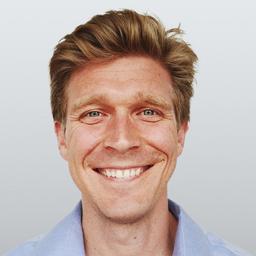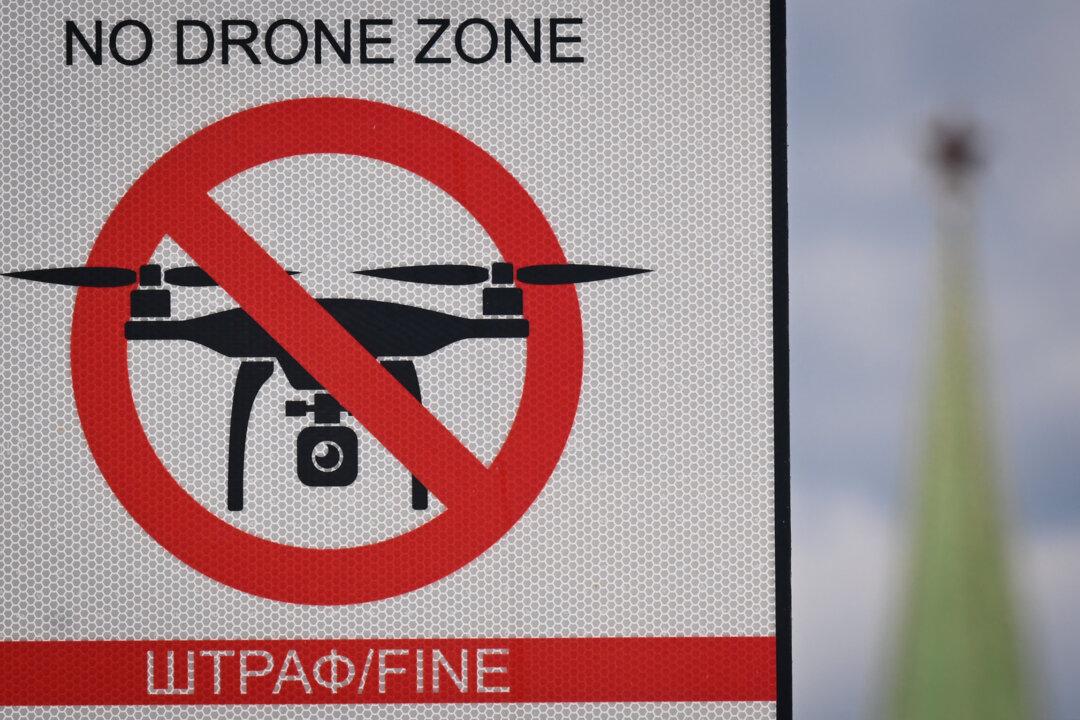WARSAW, Poland—Russian aggression, radical Islamist terrorism, the refugee crisis, Brexit, Afghanistan. The list of challenges NATO leaders faced at the biennial summit here over the weekend was diverse, highlighting what some consider to be a post-Cold War moment of truth for the alliance to prove it still matters.
Speaking to reporters Saturday, President Barack Obama addressed what he called a “pivotal moment” for NATO.
“In the 70 years of NATO, we have perhaps never faced so many challenges at once,” Obama said. “We’re moving forward with the most significant reinforcement of our common defense at any time since the Cold War.”
We're moving forward with the most significant reinforcement of our common defense at any time since the Cold War.





